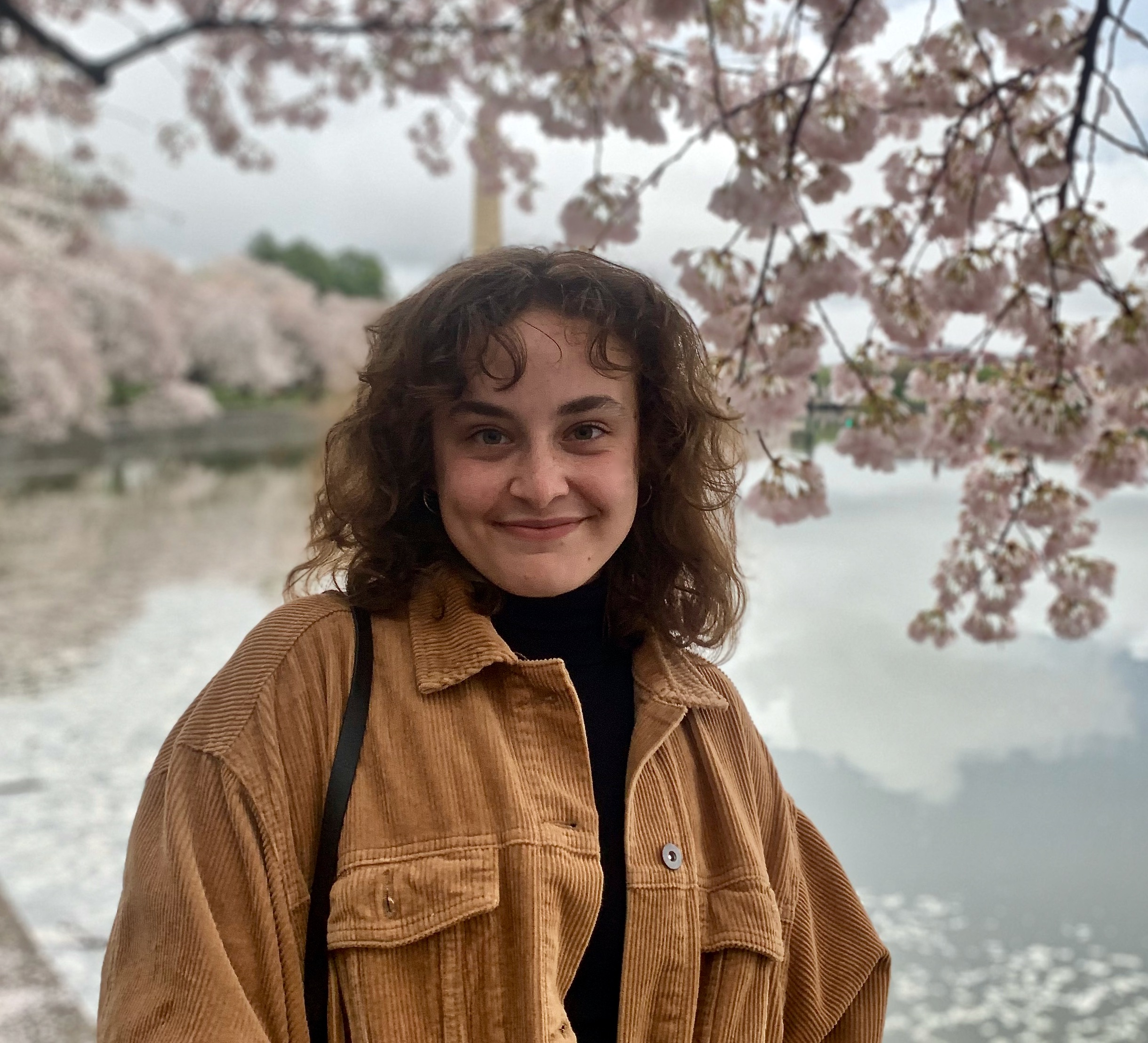Rachel is a graduate student at Georgetown University, working towards her Master’s of Science in Global Health with a focus on health equity. In 2020, she earned her BSPH at Tulane University, where she double-majored in public health and anthropology with a minor in international development. Her passion lies at the intersection of activism and storytelling, and she loves supporting Sahiyo’s work of elevating survivors’ voices for the empowerment of women everywhere.
When and how did you first get involved with Sahiyo?
I first started working with Sahiyo in September of 2021. I had learned about the incredible work Sahiyo was doing from another graduate of my Master’s program, who had also worked with Sahiyo, and found myself extremely drawn to Sahiyo’s work and mission.
What does your work with Sahiyo involve?
As editorial coordinator, a big part of my work is supporting survivors and allies in developing their stories into blog posts. I love being a part of a process that amplifies these voices, and watching the exploration of their thoughts, feelings, and opinions on their experience. I also work to create the monthly newsletter, which updates our many subscribers on Sahiyo’s activities over the past month!
How has your involvement with Sahiyo impacted your life?
Coming from a public health background, I saw FGC handled as a “cultural practice” that Westerners didn’t have the lens to understand. In fact, during one of my maternal and child health classes, a professor told us that we couldn’t judge the practice because it was based on cultural norms and values different from ours. I didn’t really question this, until I interviewed at Sahiyo. Since beginning my work here, exposure to survivors’ stories and the expertise of Sahiyo’s co-founders has helped me realize that, although FGC may be based in cultural or religious norms, this doesn’t erase its undeniable roots in gender violence. And while FGC is also a pervasive issue in the West, there are many cultural norms that originate in Western societies, like the over-sexualization of the female body in the media, that are harmful to young women and girls; however, I don’t think anyone would negate the harm caused by this just because it’s tied to “cultural norms.” This realization really forced me to take a step back and re-examine the way I view the world in many ways.
What words of wisdom would you like to share with others who may be interested in supporting Sahiyo and the movement against FGC?
Every act of violence against women is interconnected. Though I come from a community that does not practice FGC, it is still my job to call out this form of gender violence that affects women around the world; ending violence that is ingrained in cultural or religious norms, especially in cultures and religions that are not mine, is my fight. Intersectional feminism is the only way to achieve liberation of all women.

